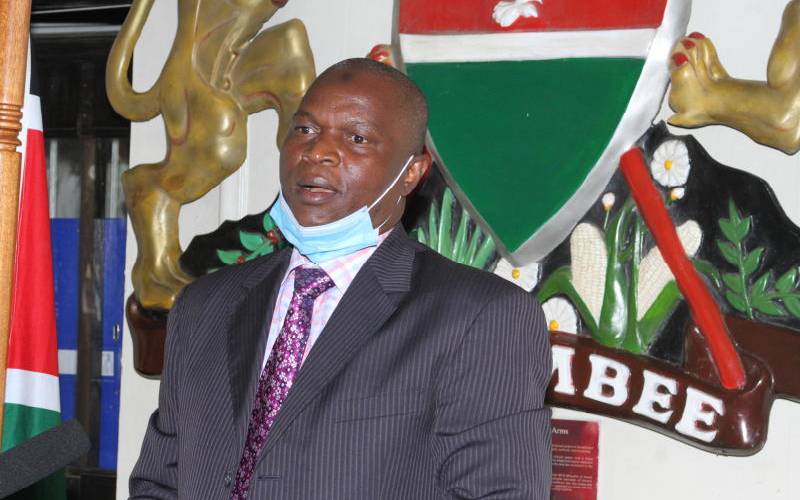×
The Standard e-Paper
Join Thousands Daily

Judge Said Chitembwe.
On Monday, April 12, High Court Judge Said Chitembwe will be the first to be interviewed by the Judicial Service Commission for the position of Chief Justice and Judge of the Supreme Court.